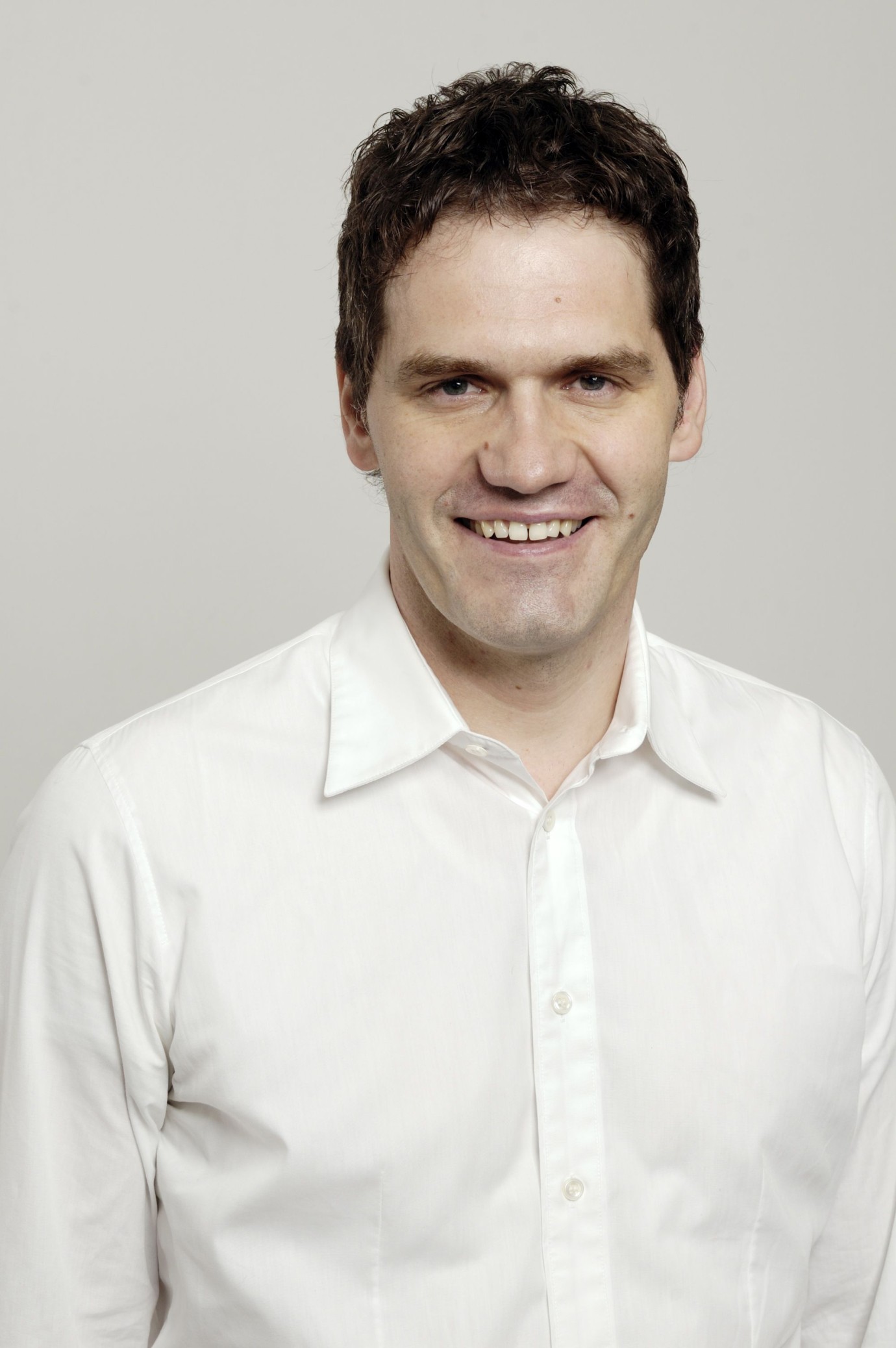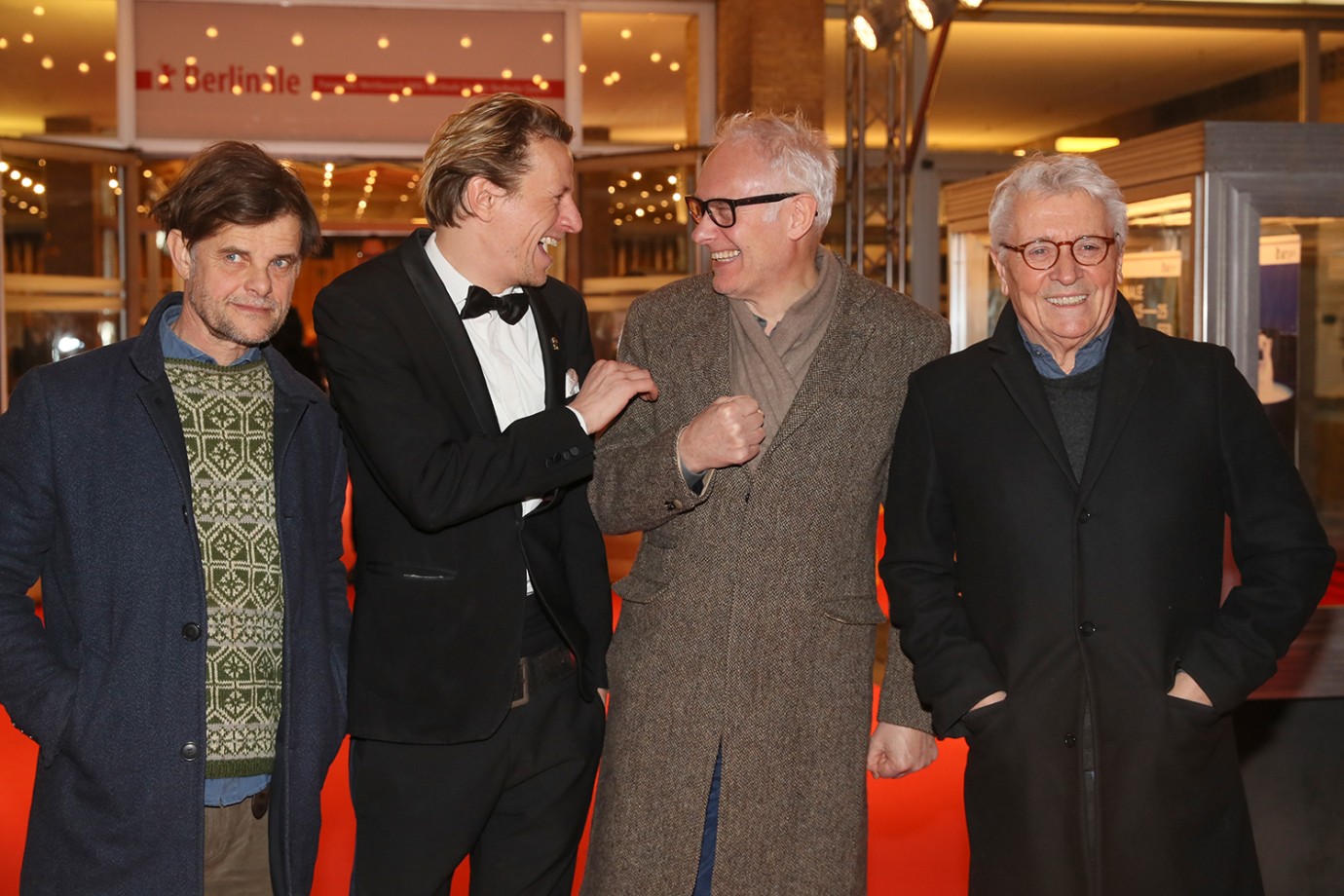Partisan


Lars Rudolph, Marc Hosemann, Valery Tscheplanowa, Martin Wuttke, Andreas Deinert
Partisan by Lutz Pehnert, Matthias Ehlert, Adama Ulrich
DEU 2018, Panorama
© solo:film / Wolfgang Gaube

Partisan by Lutz Pehnert, Matthias Ehlert, Adama Ulrich
DEU 2018, Panorama

Sebastian Klink, Frank Castorf
Partisan by Lutz Pehnert, Matthias Ehlert, Adama Ulrich
DEU 2018, Panorama
© solo:film / Wolfgang Gaube

Partisan by Lutz Pehnert, Matthias Ehlert, Adama Ulrich
DEU 2018, Panorama
© solo:film / Wolfgang Gaube

Lutz Pehnert
Partisan by Lutz Pehnert, Matthias Ehlert, Adama Ulrich
DEU 2018, Panorama
© Jan Urbanski

Matthias Ehlert
Partisan by Lutz Pehnert, Matthias Ehlert, Adama Ulrich
DEU 2018, Panorama
© Ingo Kniest

Adama Ulrich
Partisan by Lutz Pehnert, Matthias Ehlert, Adama Ulrich
DEU 2018, Panorama
For all those who weren’t in Berlin during the last 25 years, but also for those who sat in the auditorium as spectators, Pehnert, Ehlert and Ulrich have revisited the story of a newer, freer way of making theatre.
With
- Frank Castorf
- Sophie Rois
- Kathrin Angerer
- Herbert Fritsch
- Henry Hübchen
- Alexander Scheer
Crew
| Directors | Lutz Pehnert, Matthias Ehlert, Adama Ulrich |
| Screenplay | Lutz Pehnert |
| Cinematography | Wolfgang Gaube |
| Sound | Johannes Schneeweiß |
| Editing | Thomas Kleinwächter |
| Sound Design | Michael Kaczmarek, Jörg Theil |
| Music | Moritz Denis |
| Producer | Susann Schimk |
| Co-Production | rbb Potsdam-Babelsberg |
Produced by
Lutz Pehnert

Born in Berlin, Germany in 1961. After an apprenticeship as a typesetter, he worked for the “Junge Welt” daily newspaper and wrote for several magazines. Since 1995, he has been a freelance writer and television director making artist portraits and history and travel documentaries. His film Brand, about a group of alcoholic workers in a Brandenburg steel mill, was presented in the 1997 Berlinale Forum. His multipart documentary DDR Ahoi!, about the history of East German seafaring, won a Grimme Award in 2011 and his film Partisan screened in the 2018 Panorama.
Filmography (documentaries)
1996 Brand; co-director: Matthias Ehlert 2006 Ma vie: Wolfgang Kohlhaase 2008 Deutschland, deine Künstler – Katharina Thalbach 2010 DDR Ahoi!; multi-part documentary 2014 Die Ostdeutschen; documentary series 2015 Ostrock – Zwischen Liebe und Zorn 2016 Grenzland: Vom Baltikum bis zur Akropolis · Immer bereit! – Junge Pioniere in der DDR · Deutschland, deine Künstler – Katrin Sass 2018 Partisan; co-directors: Matthias Ehlert, Adama Ulrich · Berlin – Schicksalsjahre einer Stadt; documentary series 2019 Ostfrauen; multi-part documentary 2020 Wir Ostdeutsche 2021 Wer wir sind – Die DNA des Ostens · Die Fahrradfahrerin von Sanssouci – Jutta Hoffmann 2022 Bettina
Bio- & filmography as of Berlinale 2022
Matthias Ehlert
Born in Berlin in 1967, he studied philosophy, German and history. He has worked as a journalist since 1992 and, since 2012, has been deputy editor-in-chief of ‘Weltkunst’ magazine.
Filmography (documentaries)
1996 Brand; Co-director: Lutz Pehnert, Forum 2004 Europas Erbe – Ein Kontinent im Spiegel der Geschichte; Co-director: Lutz Pehnert 2018 Partisan; Co-directors: Lutz Pehnert, Adama Ulrich
Bio- & filmography as of Berlinale 2019
Adama Ulrich
A director and writer, she studied cultural theory, aesthetics, theatre history and ethnography in Berlin and completed a PhD in theatre in 1993. She pursues her interests in other cultures and ways of life with cinematic voyages of discovery to Africa, Latin America and the USA.
Filmography (documentaries)
2008 Ma vie – Frank Castorf 2012 Vergessene Völker Europas. Die Kaschuben 2018 Partisan; co-directors Lutz Pehnert, Matthias Ehlert, Panorama
Bio- & filmography as of Berlinale 2019


